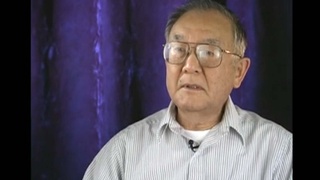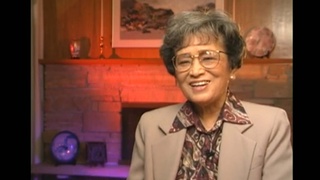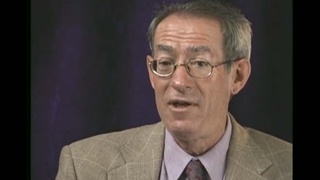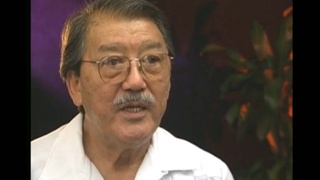Interviews
Prevailing Within the System
Well, I think NCJAR's class-action suit was good because it, I think, made the Nisei believe that you could do something by law, through the legislative, I mean, through the judicial system. And that, even though it didn't win as it went along, they still got appeals, you know, they were able to get appeals through. And then when it got to the Supreme Court, I think it's kind of validated their feeling that they had some good reasons to ask for redress. That it was not just a frivolous lawsuit, that people were just asking for money, but that they really had suffered and they really deserved to get it.
Date: September 11, 1997
Location: California, US
Interviewer: Glen Kitayama
Contributed by: Denshō: The Japanese American Legacy Project.







